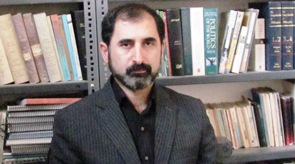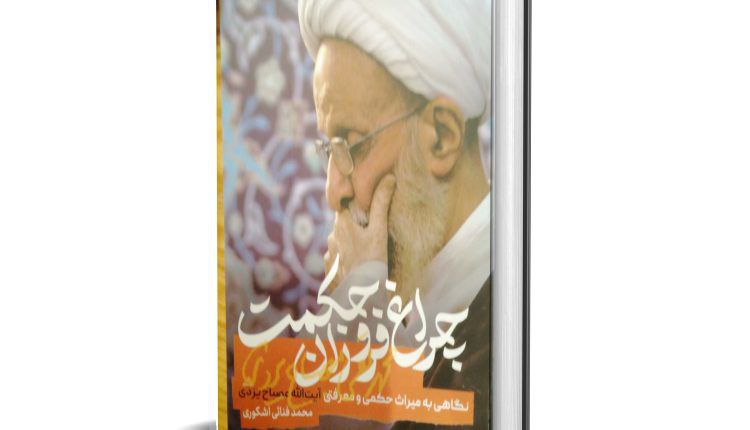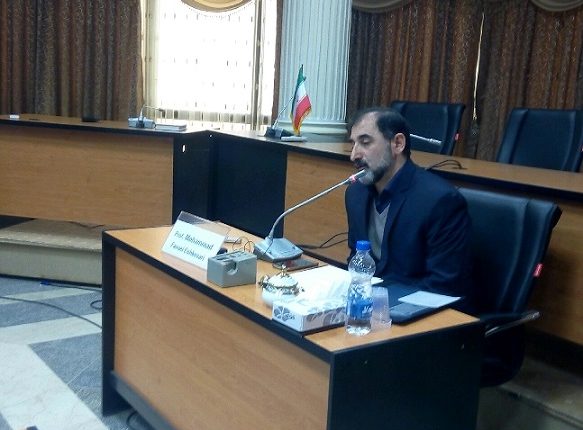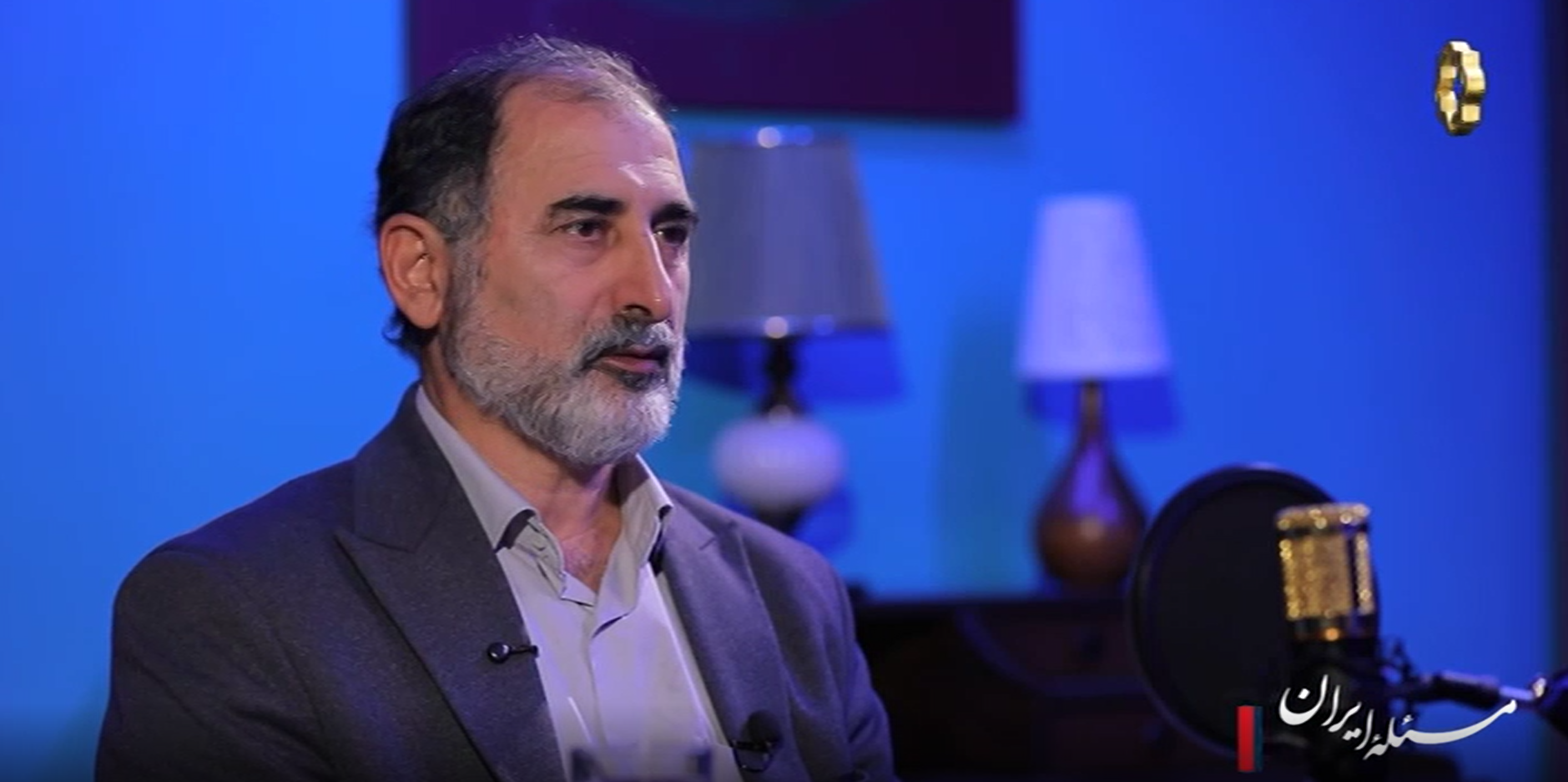A Message to Esteemed Scholars in the Field of Religion: The Responsibility of Scholars in Times of Crisis The Islamic world today stands amidst a vast arena of crises: an identity crisis in the face of competing civilizations, profound cultural, economic, and social justice challenges, newly emerging questions in philosophy, theology, humanities, bioethics, and technology, […]
Author: اشکوری

کلمة إلى الباحثين الأفاضل في حقل الدراسات الدينية: مسؤولية العلماء في زمن الأزمات

نظرة على الحياة الفلسفية لآية الله مصباح يزدي
نظرة على الحياة الفلسفية لآية الله مصباح يزدي (رحمه الله) (ملخص محاضرة في المؤتمر الدولي للعلوم الإنسانية الإسلامية، بتاريخ 2025/12/30) يُعد آية الله محمد تقي مصباح يزدي (رحمه الله) فيلسوفًا مؤثرًا ونموذجًا بارزًا للفكر الفلسفي الإسلامي الأصيل في العصر الحديث. ويمكن بحق وصفه بأنه “فيلسوف مبدع وواعٍ لعصره”، فقد تعامل مع الفلسفة ليس كمجرد تراث […]
Ayatollah Mesbah Yazdi’s Framework for Countering Intellectual Colonialism
Published in RISE In the contemporary era, the most significant conflicts facing the Islamic world are no longer fought solely on physical frontiers, but on the intellectual and cultural landscapes of nations. While political and economic independence are often prioritized in post-colonial discourse, the challenge of “intellectual colonialism”—or what is often termed the “Soft War”—remains […]

Philosophical Thought in Contemporary Iran
Philosophical Thought in Contemporary Iran: Challenges, Opportunities, and Future Horizons On the Occasion of World Philosophy Day In Conversation with Prof. Mohammad Fanaei Eshkevari Part One: Generalities and Assessment of the Current Situation Continuity or Disruption of the Philosophical Tradition in Iran Can we speak of the continuity of the philosophical tradition […]

الفكر الفلسفي في إيران المعاصرة: التحديات والفرص وآفاق المستقبل
الفكر الفلسفي في إيران المعاصرة: التحديات والفرص وآفاق المستقبل بمناسبة اليوم العالمي للفلسفة في حوار مع الدكتور محمد فنائي إشكوري الجزء الأول: الإطار العام وتقييم الوضع الراهن 1. استمرارية التقليد الفلسفي في إيران أم انقطاعه؟ هل يمكن الحديث عن استمرارية التقليد الفلسفي في إيران المعاصرة، أم أننا نواجه نوعًا من الانقطاع والتوقف في الفكر الفلسفي؟ […]

Interview on “Cultural Colonialism and Ways to Confront It” with Prof. Mohammad Fanaei Eshkevari
Host: Thank you, Doctor, for accepting our invitation. You have been researching a concept called “mental colonization” for some time. To begin, what made you feel this issue is so important that it deserves research and public warning? Fanaei Eshkevari: Thank you. To speak frankly, I consider mental colonization one of the greatest intellectual […]

ندوة حول “الاستعمار الثقافي وطرق مواجهته” مع الدكتور محمد فنائي اشكوري
المذيع: سعادة الدكتور، أشكركم على قبول دعوتنا. أنت منذ فترة تبحث في مفهوم يُطلق عليه “الاستعمار الذهني”. للبدء، حدّثنا لماذا شعرت أن هذه القضية بهذه الأهمية وتستحق البحث والتحذير منها؟ فنائي اشكوري: شكراً لكم. إذا أردت أن أكون صريحاً، فأنا أعتبر الاستعمار الذهني أحد أكبر الأزمات الفكرية والثقافية في مجتمعنا والعديد من المجتمعات الأخرى. إذا […]

التحديات الجوهرية للفلسفة الإسلامية في العصر الراهن واستراتيجيات إحيائها
تُواجه الفلسفة الإسلامية كإحدى السنن الغنية للفكر العقلي في العصر الحديث تحديات وفرصاً متعددةً. إن السؤال عن التحدي الأكبر الذي يواجه هذا التقليد الفلسفي يتطلب تأملًا عميقًا في وضعه الراهن على الساحة العالمية وكذلك في مضامينه الداخلية. ويبدو أن مواجهة هذا التحدي تستلزم خطوتين أساسيتين ومترابطتين: أولاً، اكتشاف التقليد الأصيل للفلسفة الإسلامية وإعادة الاعتراف به، […]

The Two Supreme Attributes of the Final Divine Messenger
The Two Supreme Attributes of the Final Divine Messenger Prof. Mohammad Faanaei Eshkevari